The Saudi Arabia smart cities market size was valued at $3,552.1 million in 2019, and is projected to reach $14,745.2 million by 2027, growing at a CAGR of 19.6% from 2020 to 2027. The main objective of the smart city mission is to stimulate economic growth and improve the quality of life of individuals by enabling local development and harnessing technology, particularly the technology leading to smarter results. Furthermore, Saudi Arabia announced plans for their Saudi vison 2030, a plan to reduce the dependence of Saudi Arabia on oil, to diversify its economy and to build public services. Plans require robots to perform security functions, logistics, home delivery and care and to supply wind and solar power to the region. Under the Saudi vision 2030 initiative, the KSA plans to develop 16 smart cities by the year 2030.
This transformational program covers re-development and construction of new smart cities across various territories of the kingdom. These smart city programs promise to give citizens of Saudi Arabia an upper standard of living, with state of the art transport, healthcare, and smart governance facilities. The line is a smart city proposed in Neom in Saudi Arabia, Tabuk which will not have any vehicles, streets, and hence minimal carbon emission. On April 25, 2016, Mohammad bin Salman, Crown Prince of Saudi Arabia, launched a highly ambitious "Saudi Vision 2030" project to reduce the reliance on a single revenue source, oil that contributes more than 30% to the country's total GDP. The authority plans to invest on Saudi 2030 under the National Transformation Program, entertainment, and tourism industries.
In connection with this initiative, the KSA collaborated with several international companies to build world-class smart cities, primarily aiming to provide more than 84% of Saudi people living in urban environments with new, smart housing. Through 5-year development plans, the government has sought to allocate its petroleum income to transform its relatively undeveloped, oil-based economy into that of a modern industrial state while maintaining the kingdom's traditional Islamic values and customs. Although economic planners have not achieved all their goals, the economy has progressed rapidly. However, significant population growth has strained the government's ability to finance further improvements in the country's standard of living. Heavy dependence on petroleum revenue continues, but industry and agriculture now account for a larger share of economic activity. The mismatch between the job skills of Saudi graduates and the needs of the private job market at all levels remains the principal obstacle to economic diversification and development; about 4.6 million non-Saudis are employed in the economy.
The smart cities market prospered in the Saudi Arabian region in 2019, owing to great investments on smart cities projects and technological advancements pertaining to the market. In line with the Saudi Vision 2030 objectives, Saudi authorities have planned to start the implementation of the smart city project in 10 cities across the kingdom. Primarily, this initiative is expected to target five Saudi cities, Makkah, Riyadh, Jeddah, Al-Madinah, and Al-Ahsa, respectively. Rapid urbanization also boosts the market growth particularly in metropolitan areas such as Riyadh, Dammam, Jeddah, and Makkah.
Moreover, leadership in the region is focusing more on the implementation of technologically advanced, cost-effective, and environment-friendly living solutions. For instance, in January 2021, Saudi Arabian Crown Prince announced plans to build 'The Line' project - a 170km belt of hyper-connected future communities, without cars, streets & no carbon emissions & having smart infrastructure. These factors are expected to drive the Saudi Arabia smart cities market growth of the during the forecast period.
The Future Saudi Cities Programme is a joint programme developed by the Saudi Ministry of Munic-ipal and Rural Affairs and UN-Habitat, implemented in close cooperation with the munici-palities of 17 major Saudi cities. The cities have been selected based on their different population sizes, geographic distribution, and a range of criteria based on capacities and economic potential to create a more balanced urban development among the cities of Saudi Arabia. The chosen cities in-clude Riyadh, Makkah, Jeddah, Taif, Madinah, Tabuk, Dammam, Qatif, Al-Ahsa, Abha, Najran, Jazan, Hael, Arar, Al Baha, Buraidah, and Skaka.
FSCP was advocating for the inclusive approach as one of the drivers of the program where multi stakeholders were informing the planning process and recommendations. Also the program gave the gender and youth a very special and central focus through various initiatives, workshops and campaigns. The program was shown as national successful story in several regional and global events.
The program undertook city-level reviews in the 17 cities, five cities were chosen as a representa-tive cross-section, for in- depth analysis. The city-level profiles considered the linkages between urban and territorial planning by examining the city within the relational context of its sub-region and exploring specific issues at the neighborhood level. These profiles, when referenced with City Prosperity Index reports and validation processes in the Rapid Planning Studio workshops, were used to extrapolate strong, evidence-based conclusions that relate to the planning system. Applied research, with a strong focus on action-oriented conclusions, was used to collect evidence to diag-nose the strengths and weaknesses of the planning system and local planning practices in each city.
The methodology utilized design tests and demonstration projects as avenues to apply and analyses potential solutions, before concluding on policy recommendations that guided for the future of urban planning process of Saudi cities. However, data safety & privacy concerns and higher investment costs for the development of smart cities are expected to hamper the market growth during the forecast period. Furthermore, green initiatives and developments in the field of the Internet of Things and cloud-applications are anticipated to provide lucrative opportunities for the market growth. The COVID-19 pandemic is anticipated to have a considerable impact on the growth of the Saudi Arabia smart cities market. Furthermore, there is a high demand for healthcare systems in cities that require minimal human contact, owing to lockdown imposed across various countries to contain the COVID-19 virus. This effort is headed by Dallah Healthcare, with telemedicine solutions provided to the citizens of Saudi Arabia without having to leave their homes during the pandemic.
Saudi Arabia's first two development plans, covering the 1970s, emphasized infrastructure. The results were impressive--the total length of paved highways tripled, power generation increased by a multiple of 28, and the capacity of the seaports grew tenfold. Spending on infrastructure declined, but it rose markedly on education, health, and social services. Jubail and Yanbu constitute a unique experiment in development which has proved outstandingly successful. These are two cities which were conceived on the drawing board and were planned to provide a purpose-built and highly efficient environment for modern industrial production.
How many cities are in Saudi Arabia These industrial complexes, built at Jubail on the Arabian Gulf and Yanbu on the Red Sea by the Royal Commission for Jubail and Yanbu, are the key to Saudi Arabia's national industrialization plans. These two industrial cities provide the basis for the country's program to develop hydrocarbon-based and energy intensive industries. The massive investment in these industrial cities has as its major objective a reduction in the dependency on oil revenues by gaining access to the world's petrochemical markets.
This route to industrialization exploits Saudi natural advantages, in terms of cheap energy and cheap raw materials for petrochemical manufacture. Like in other OPEC countries, the fast-track infrastructure development across Saudi Arabia has resulted from its oil-driven economic boom over the past few decades. Smart transportation under the solution sub-segment held the largest smart cities market share, owing to its energy-efficiency and cost-effectiveness. Therefore, there is a need for smart transportation solutions, with the increase in the number of smart city plans across the kingdom. Smart transportation solutions help to save on high energy consumption and promote the sustainability of a smart city while providing residents a fast and reliable mode for their commute. "Collectively, Deloitte member firms from around the world are committed to smart city efforts and combining our ambition and optimism, with an ability to see and deliver on potential.
In 2006, Bechtel was invited to manage a further expansion of the city's industrial and living areas. Jubail II provided residential accommodation for 120,000 residents; education facilities including an 18,000-student 'greenfield' university; as well as roads, bridges, medical centers, power, water, and waste facilities. Today Jubail is a major player in the global energy market, attracting top technical and business minds from dozens of countries. Urbanisation increases ground, water and air pollution as urban areas demand more and moredesalinated water. Unfortunately, the desalination process is extremelyinefficient and creates a large amount of "greenhouse gases". The process of oil extraction adds to the poorair quality through the emission of large volumes of carbon dioxide .The city of Jeddah and other major cities are faced with problems caused by thelarge number of vehicles using the road.
Saudi Arabia has a very high standard of living and in order to keepto these standards, large amounts of fossil fuels are burned in privatetransport. Because Saudi Arabia is among the world's top oil producers, theprice of gasoline is very cheap. Its young population can afford to buyexpensive cars with big, powerful engines as a status symbol. The conservative capital city of Saudi Arabia is one of the world's wealthiest cities, combining traditional ideals and cultural values with modern developments in trade, business, architecture and tourism. Dedicated to upholding traditional Islamic values yet undergoing significant change following growing economic prosperity and innovation, Riyadh is a city full of contradictions. This makes it both intriguing and confusing for many foreigners, though there's also plenty to ensure visitors are comfortable – including swanky hotels overlooking the surrounding desert, and the fact that almost everyone speaks business English.
King Saud University, the second-ranked university in Saudi Arabia, is located here. The Kingdom of Saudi Arabia is the largest country in the Arabian Peninsula, with the Red Sea and the Gulf of Aqaba to the west and the Persian Gulf to the east. Neighbouring countries are Jordan, Iraq, Kuwait, Qatar, the United Arab Emirates, the Sultanate of Oman, Yemen, and Bahrain, connected to the Saudi mainland by a causeway. Saudi Arabia's economy is petroleum-based; 90% of export earnings come from the oil industry; the Kingdom is the world's largest producer and exporter of oil. The Saudi Arabia smart cities market is segmented on the basis of functional area including smart infrastructure, smart governance, and smart education, smart energy, smart mobility, smart healthcare, smart buildings, and others.
In the fourth plan ( ), the country's basic infrastructure was viewed as largely complete, but education and training remained areas of concern. Private enterprise was encouraged, and foreign investment in the form of joint ventures with Saudi public and private companies was welcomed. The private sector became more important, rising to 70% of non-oil GDP by 1987. While still concentrated in trade and commerce, private investment increased in industry, agriculture, banking, and construction companies.
These private investments were supported by generous government financing and incentive programs. The objective was for the private sector to have 70% to 80% ownership in most joint venture enterprises. Deloitte has just released a publication on "Smart Cities Global trends" by the Deloitte's Global Center for Government Insights highlighting Deloitte's Smart City framework – smart mobility, security, economy, living, environment, and education. In the next stage, the Quality of Life Program will continue its efforts in empowering the sectors of culture, heritage, sports, entertainment and tourism.
The program will soon launch the Hobbies sector, as well as its regulations and club licensing, in addition to supporting its sustainability and success as an important lever in increasing quality of life. The municipal services sector is also one that the program has recently received great initiatives for in the areas of urban landscape beautification, city humanization, and city services enhancement. Such initiatives will help focus the efforts on all aspects of quality of life and secure high living standards for the Kingdom's residents and visitors. Curitiba, Brazil, also engaged in similar efforts to develop local capacities and achieved a high-quality urban environment by introducing innovative solutions in public transportation, urban growth management, and environmental preservation.
In 2010, Curitiba ranked 10th among cities in the UNDP human development Index. In fields of innovation and research, many universities have partnered with international firms to advance important technology areas that helped the city to contribute 1.43 percent of Brazil's GDP in 2010. Rise in adoption of Internet of Things and cloud-based applications have impacted the growth of the smart city market in the KSA. IoT devices are responsible for providing tools to help monitoring of traffic, noise levels, air quality levels, emission levels from vehicles and various industries.
In addition to these IoT, industries have helped to improve healthcare sectors, manufacturing industries, city-wide transportation, and mobility. The city's communities will be cognitive, powered by artificial intelligence , continuously learning predictive ways to make life easier, creating time for both residents and businesses, the kingdom reports. An estimated 90 per cent of available data will be harnessed to enhance infrastructure capabilities far beyond the one per cent typically utilised in existing smart cities. This achievement also confirms the efforts of government sectors in providing advanced infrastructure, smart applications, and implementing development projects.
The cities offer their residents and visitors a high level of luxury and quality of life. A modern regional highway system links the Jubail community to other parts of the kingdom, giving local people access to the main cities across Saudi Arabia and beyond. A main highway between Dammam and Jubail, six lanes wide within the project area, forms the spine of the development.
The Quality of Life Program endevours to improve the individual and families' quality of life by creating the necessary environment to develop and support new liveable and lifestyle options. These options will bolster the participation of citizens, residents and visitors in cultural, entertainment, sports, tourism, and urban activities, and other related activities that nurture their quality of life. Such diverse options will definitely have their own economic and social impact through creating jobs, diversifying economic activity, and consequently boost Saudi cities' ranking amongst the World's top liveable cities. Smart cities contribute to developing many vital sectors, such as the smart transportation sector, through trip planning software and reservations for public transportation systems. The World Health Organization has reported that Saudi Arabia ranks the second highest in the Middle East, and is seventh in the world for the rate of diabetes. It is estimated that around 7 million of the population are diabetic and almost around 3 million have pre-diabetes.
Even more worrying perhaps, is the increasing pattern of diabetes noted in Saudi Arabia in the recent past. In fact, diabetes has approximately registered a ten-fold increase in the past three eras in Saudi Arabia. Diabetes mellitus has been found to be related to high mortality, morbidity and vascular complications, accompanied by poor general health and lower quality of life. In Saudi Arabia, DM is quickly reaching disturbing proportions and becoming a significant cause of medical complications and even death.
However, when compared with the developed countries, the research work conducted, focusing particularly on the incidence, prevalence and socio-demographic properties of DM is woefully inadequate. To properly manage the DM in Saudi Arabia, a multidisciplinary approach is required. In this review we discuss all the aspects of DM in Saudi Arabia drawing from the published literature currently available. Launching programs to develop and localize human capital towards youth in line with the 2030 Vision in various sectors of quality of life.
Facilities at the leading universities in Saudi Arabia are second to none, thanks to the nation's ongoing and significant investment in higher education. Fifteen years ago Oklahoma City relied upon the oil and gas industry for a quarter of its state revenue generation. Today that reliance has been reduced by half as result of concerted efforts towards economic diversification, ranging from incentivization programs for business promotion to innovation in manufacturing and advancements in engineering fields.
The city offers good employment prospects for engineers, and has been recognized under the "New Geography" study as number three among its "Best Cities for Engineers" list. A few big cities, including Riyadh, Jeddah, Dammam and Makkah, host a substantial proportion of the Kingdom's population . They yield a significant share of the Kingdom's GDP and feature large markets for goods and services.
Cities are considered engines of economic growth, accounting for 70 percent of global GDP. As the world has entered the era of globalization, in which states compete on economic and strategic grounds, states have increasingly come to view the role of urban economies as crucial in realizing wider agendas for sustainable economic development. Besides providing a social and physical environment for their residents, cities contribute to a larger agenda of achieving economic prosperity and making significant contributions to the national GDP. For instance, the KSA gave a contract to Telvent to implement a Smart Mobility Road Suites in Riyadh.
The smart mobility program was funded under smart city plans that the Kingship announced for upgrading Riyadh to be a smart city. Smart city initiatives, such as NEOM which were funded by the KSA, are expected to provide an energy-efficient system designed to minimize electricity usage without compromising or minimizing any functional features of the system. Thus, such initiatives to support eco-friendly environment is anticipated to provide lucrative opportunities for smart cities market in Saudi Arabia. The report focuses on Saudi Arabia smart cities market trends, growth prospects, and restraints.
Since 1966, we have combined AECOM's global best practice with local insights and relationships to serve a broad range of public and private sector clients across Saudi Arabia. Our most high profile, high impact projects include the NEOM backbone infrastructure design, Jeddah Stormwater Drainage Program, Tatweer Schools, NEOM Bay Phase 1, Saudi Customs PMO and King Khalid International Airport. The discovery of oil in the Dammam Metropolitan and the development of the Saudi petroleum industry drew sizable local and foreign investments to the Eastern Province. It was also instrumental in developing other vital economic sectors throughout the Kingdom including the industrial, construction and business and financial sectors. The United States and Saudi Arabia share a common concern about regional security, oil exports and imports, and sustainable development. Close consultations between the U.S. and Saudi Arabia have developed on international, economic, and development issues such as the Middle East peace process and shared interests in the Gulf.
The continued availability of reliable sources of oil, particularly from Saudi Arabia, remains important to the prosperity of the United States as well as to Europe and Japan. Saudi Arabia is often the leading source of imported oil for the United States, providing about 20% of total U.S. crude imports and 10% of U.S. consumption. The U.S. is Saudi Arabia's largest trading partner, and Saudi Arabia is the largest U.S. export market in the Middle East.



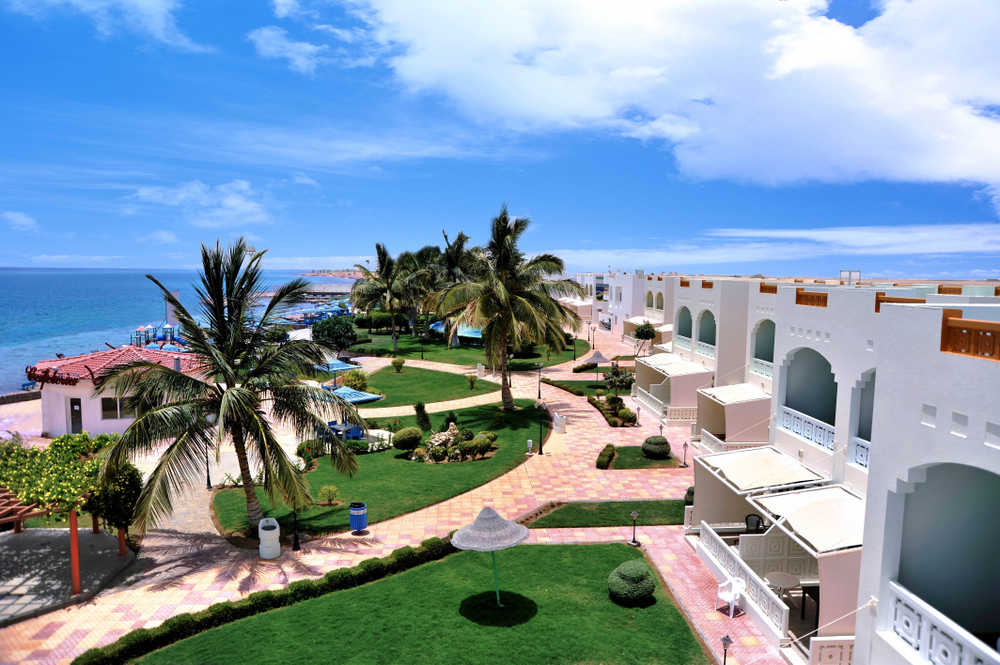

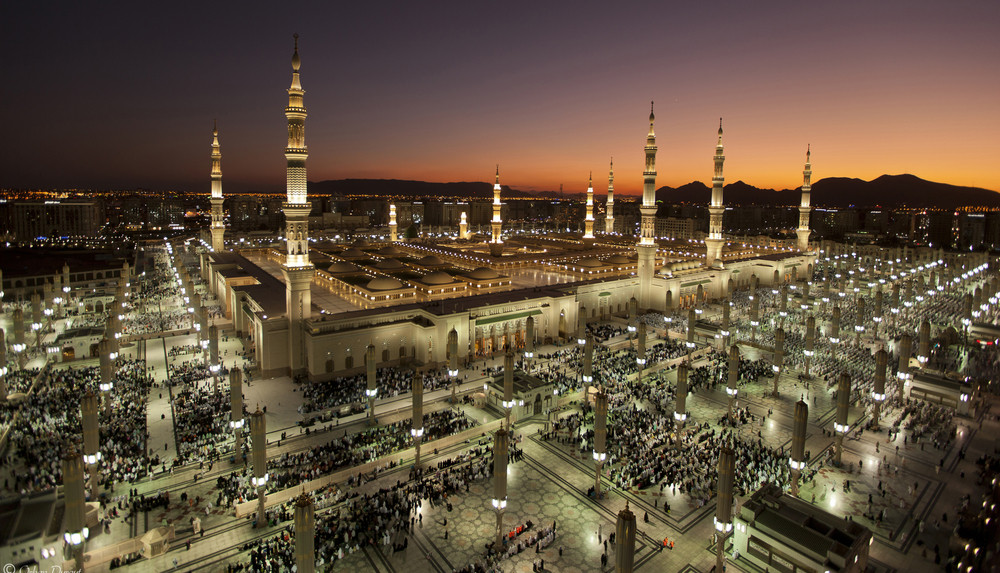

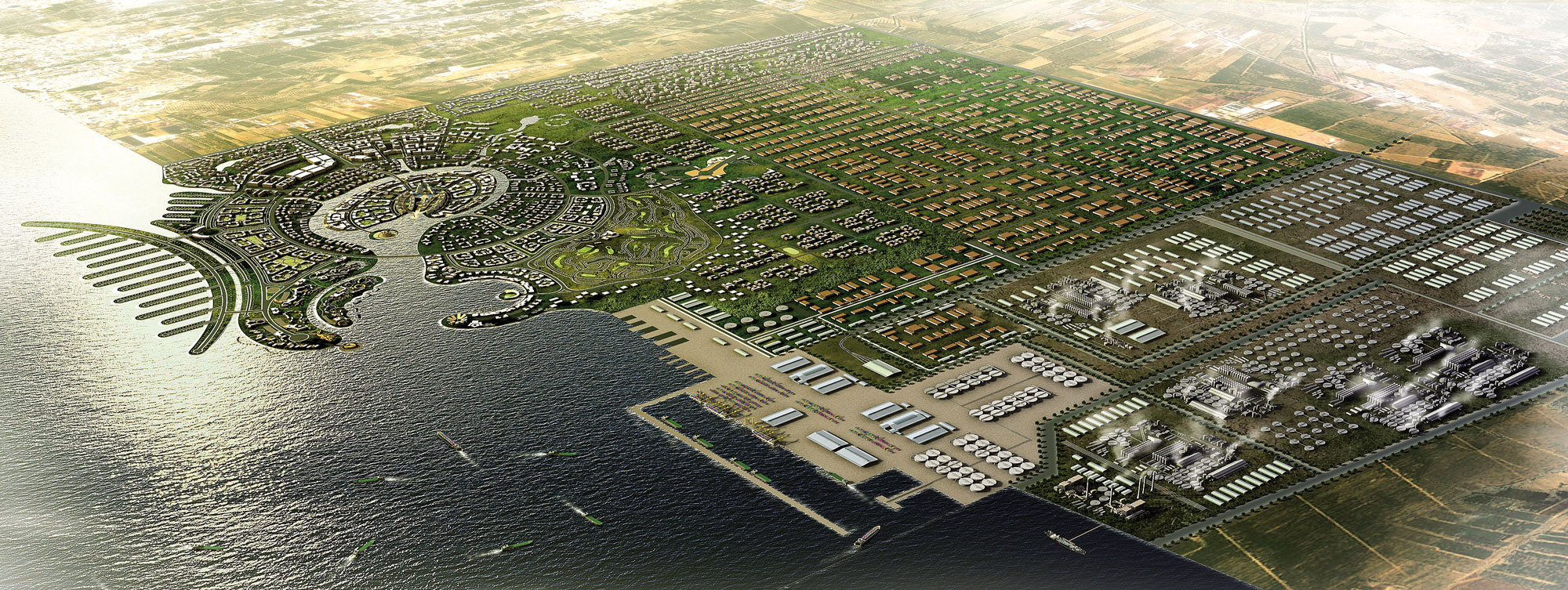
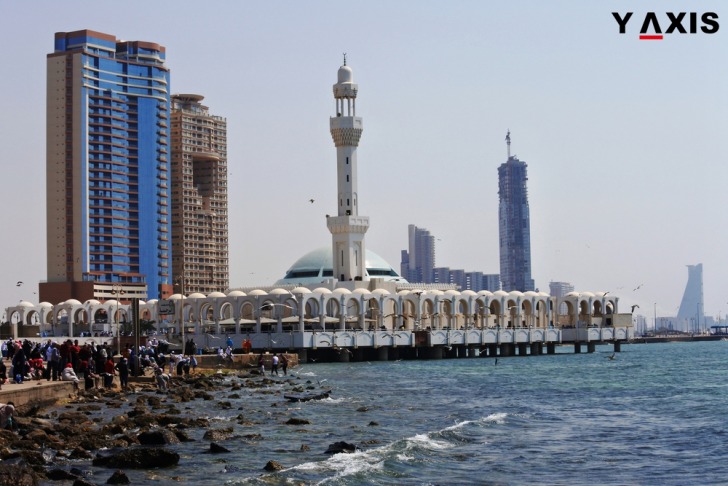




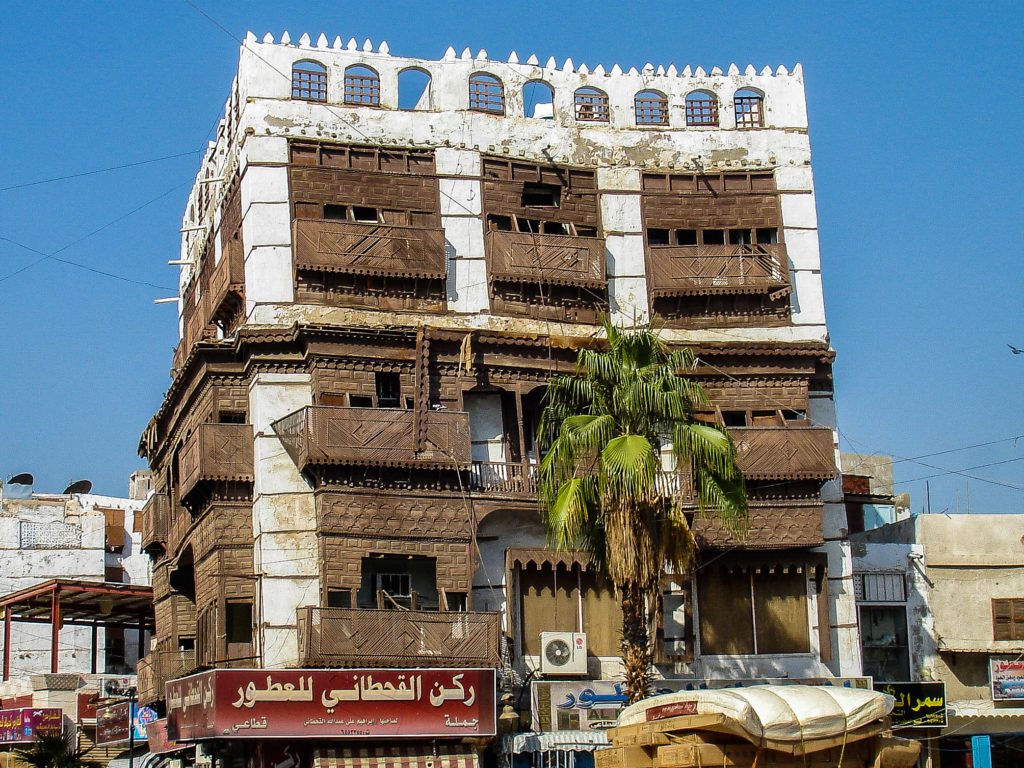
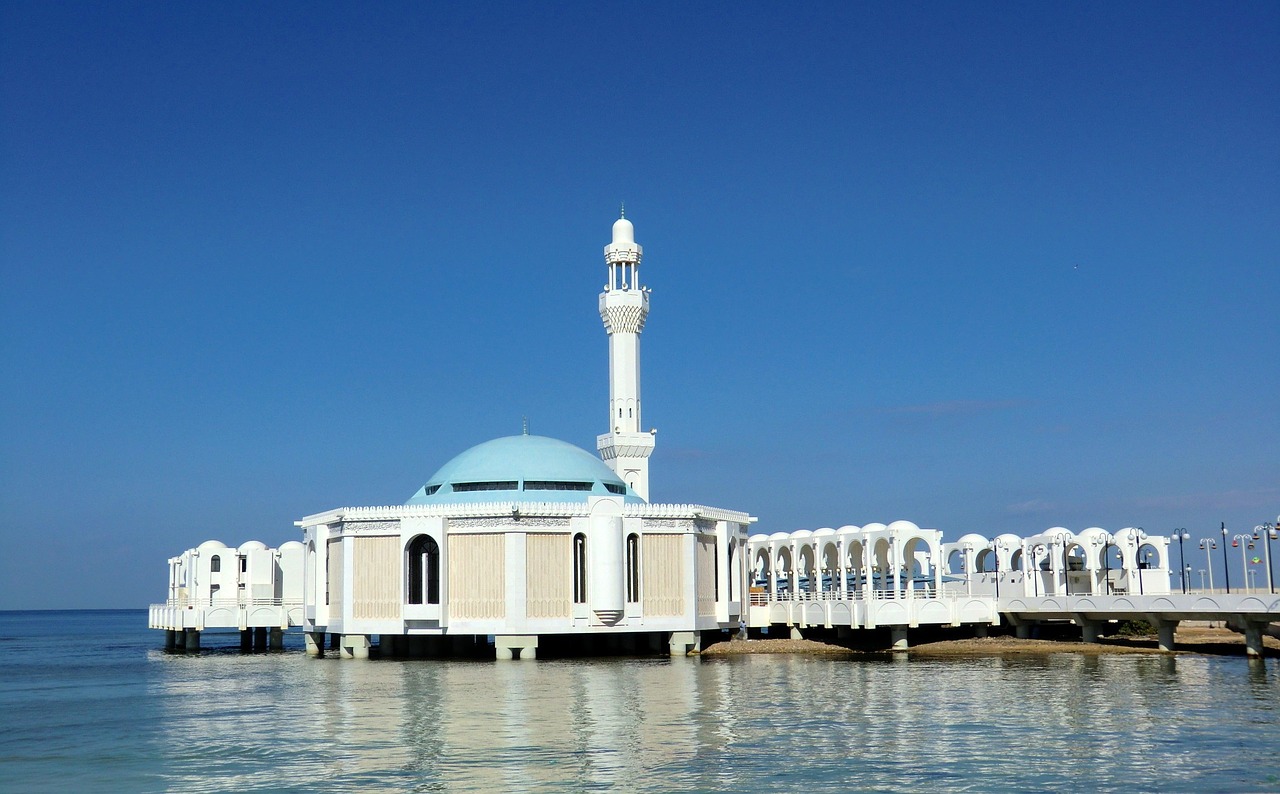
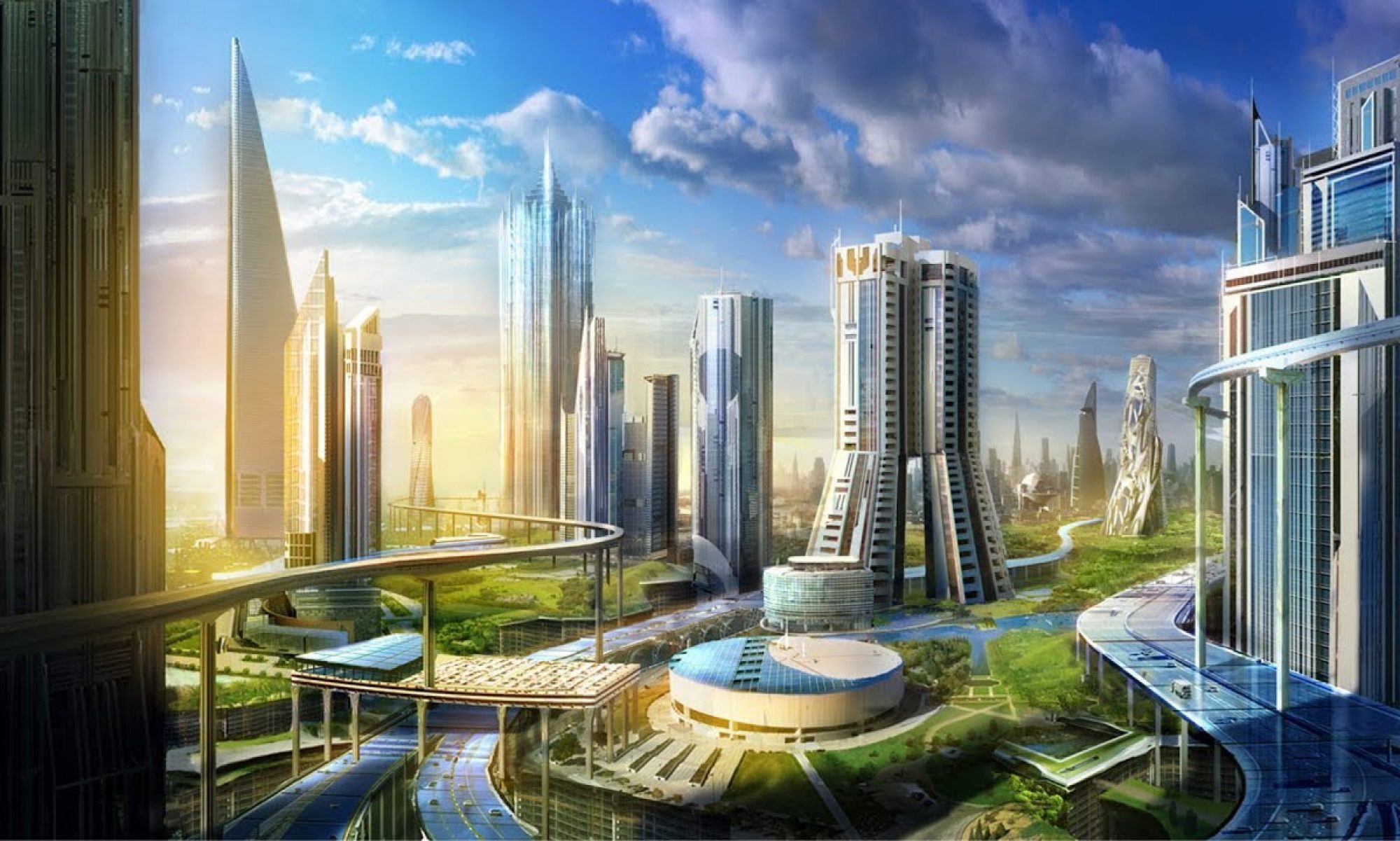









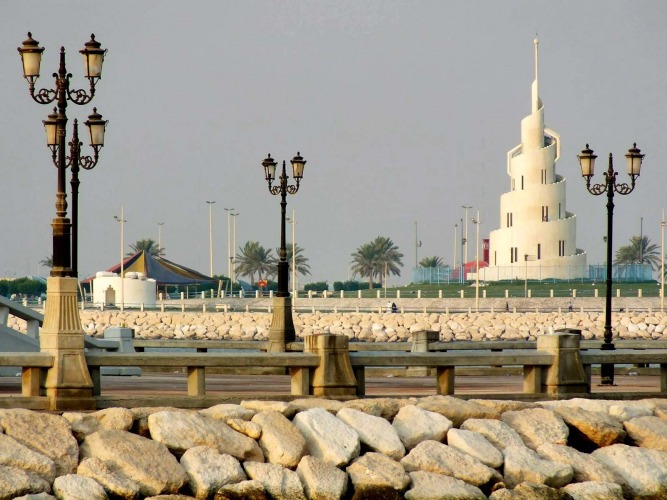

No comments:
Post a Comment
Note: Only a member of this blog may post a comment.